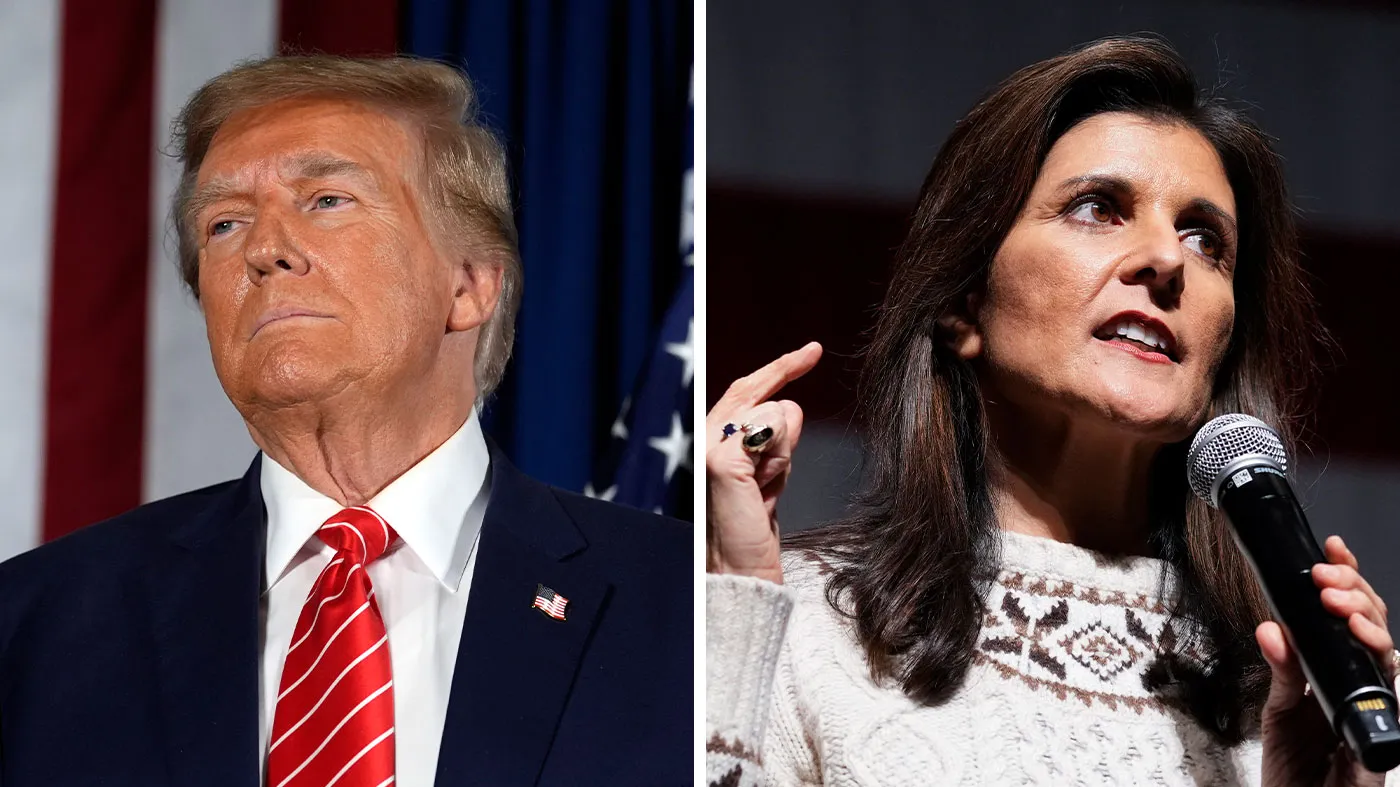In the ongoing Republican nomination battle, Donald Trump aims to clinch victory in South Carolina, while Nikki Haley seeks to extend the contest into the Super Tuesday multi-state primaries in March.
Polls suggest Trump holds a substantial lead in South Carolina, despite Haley’s six-year tenure as the state’s governor. While Haley’s bid appears increasingly challenging, her campaign remains resolute, vowing to persist regardless of the primary outcome.
For Trump, winning South Carolina is pivotal. He aims to swiftly transition focus to challenging President Joe Biden in the general election. Additionally, Trump seeks to unify the Republican Party, particularly among college-educated suburban voters who have expressed skepticism towards his candidacy.
Conversely, Haley’s continued candidacy hinges on her ability to remain competitive against Trump. Defeat in South Carolina, following losses in Iowa and New Hampshire, could intensify calls for her withdrawal.
However, Haley represents a faction of Republicans disenchanted with Trump’s leadership, offering a platform to voice concerns over his national security policies, particularly regarding NATO.

Yet, repeated losses pose risks to Haley’s future viability as a candidate. Her campaign eyes Super Tuesday contests in states like Texas, North Carolina, and Virginia as potential battlegrounds. However, achieving victory in any of these states is imperative to bolster her candidacy’s credibility moving forward.
The Trump-Haley showdown underscores a broader ideological divide within the Republican Party, with implications for its future direction and unity.





